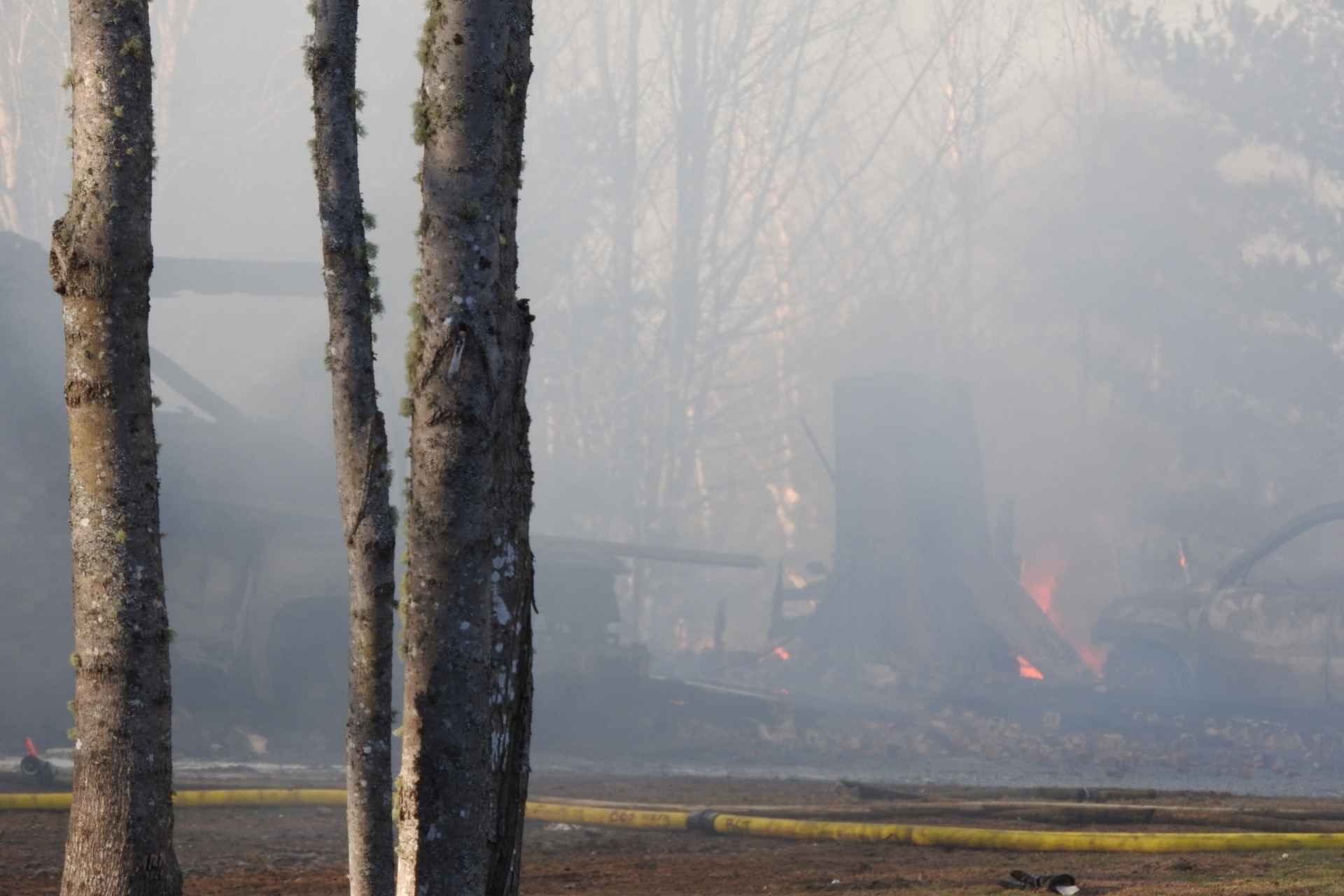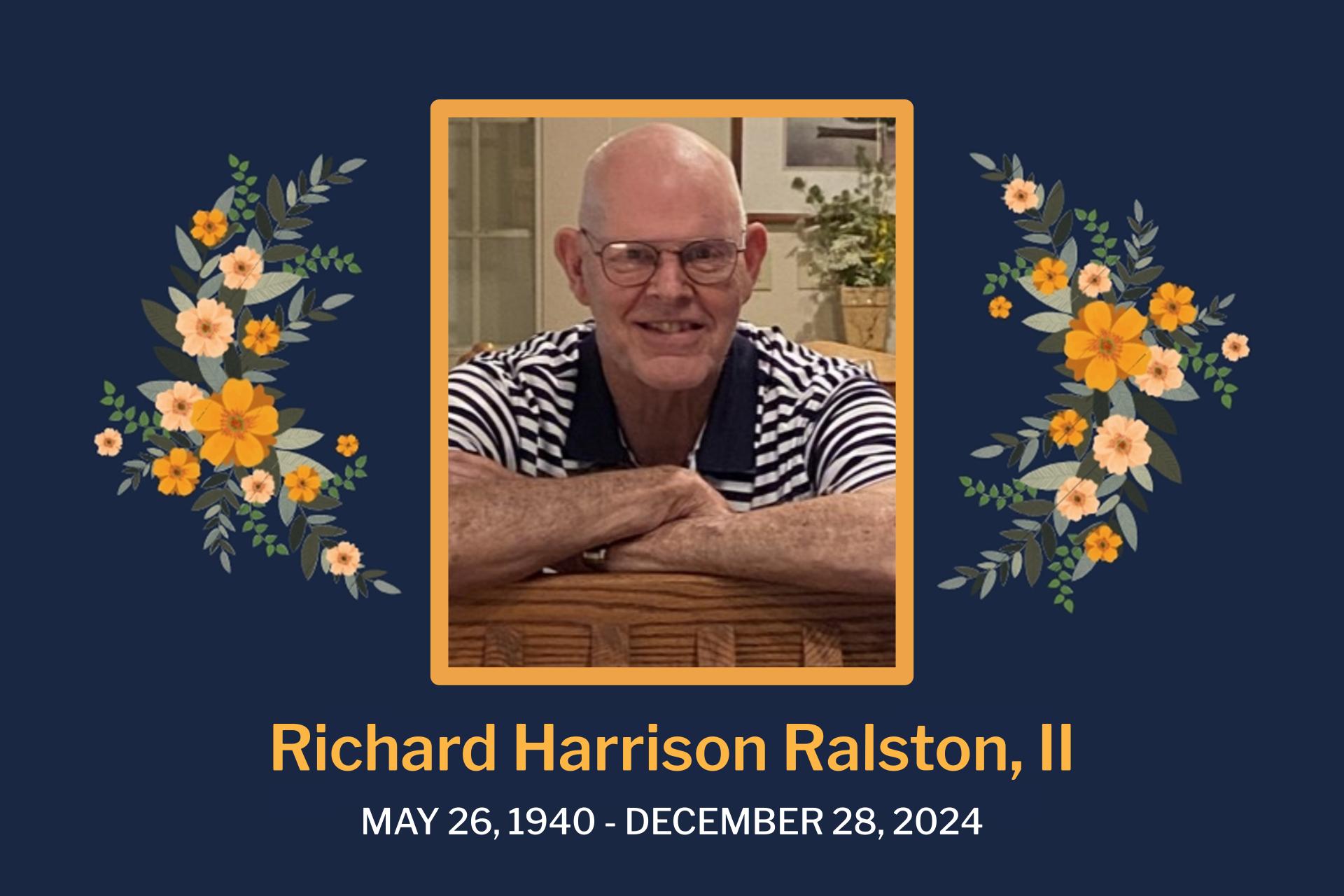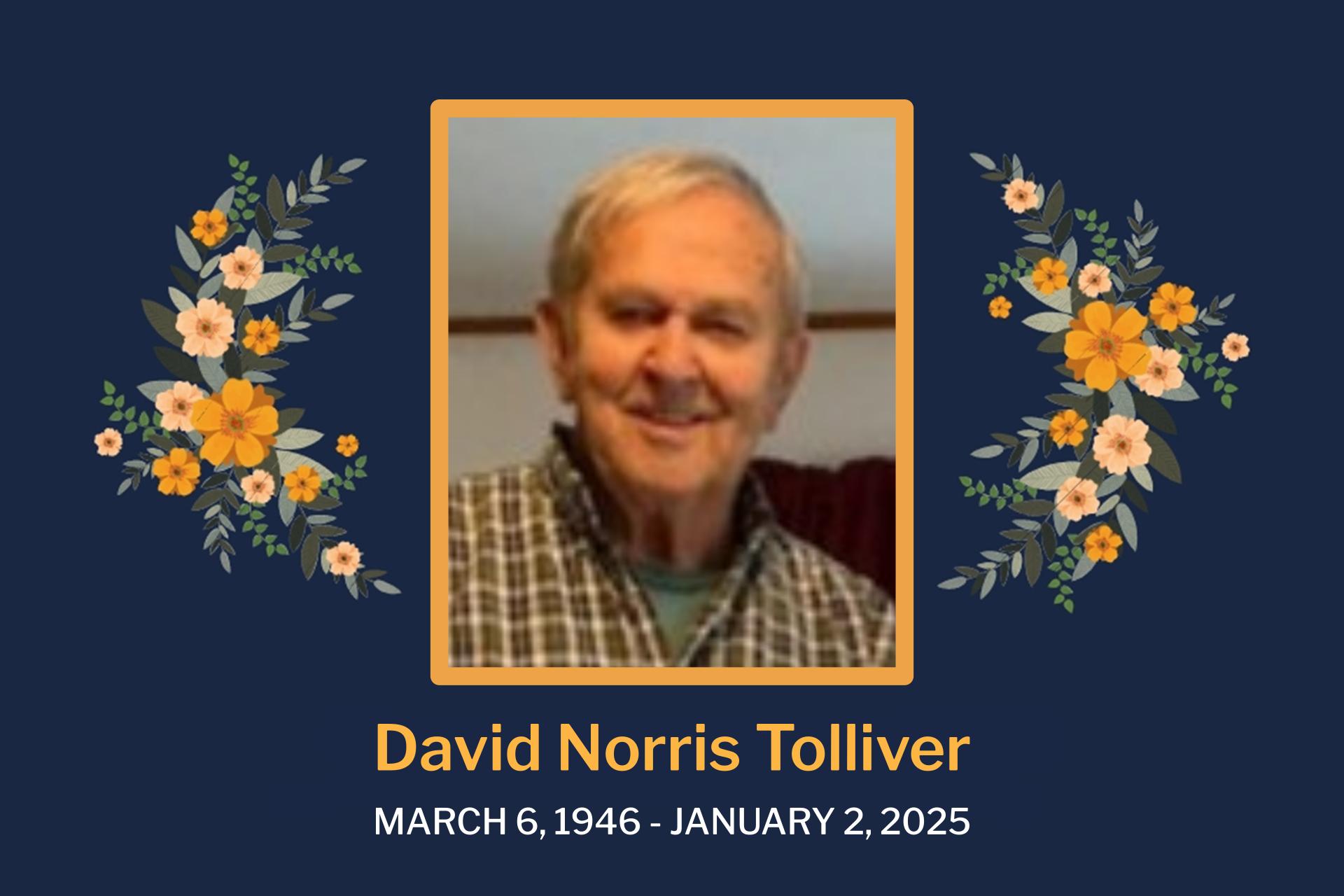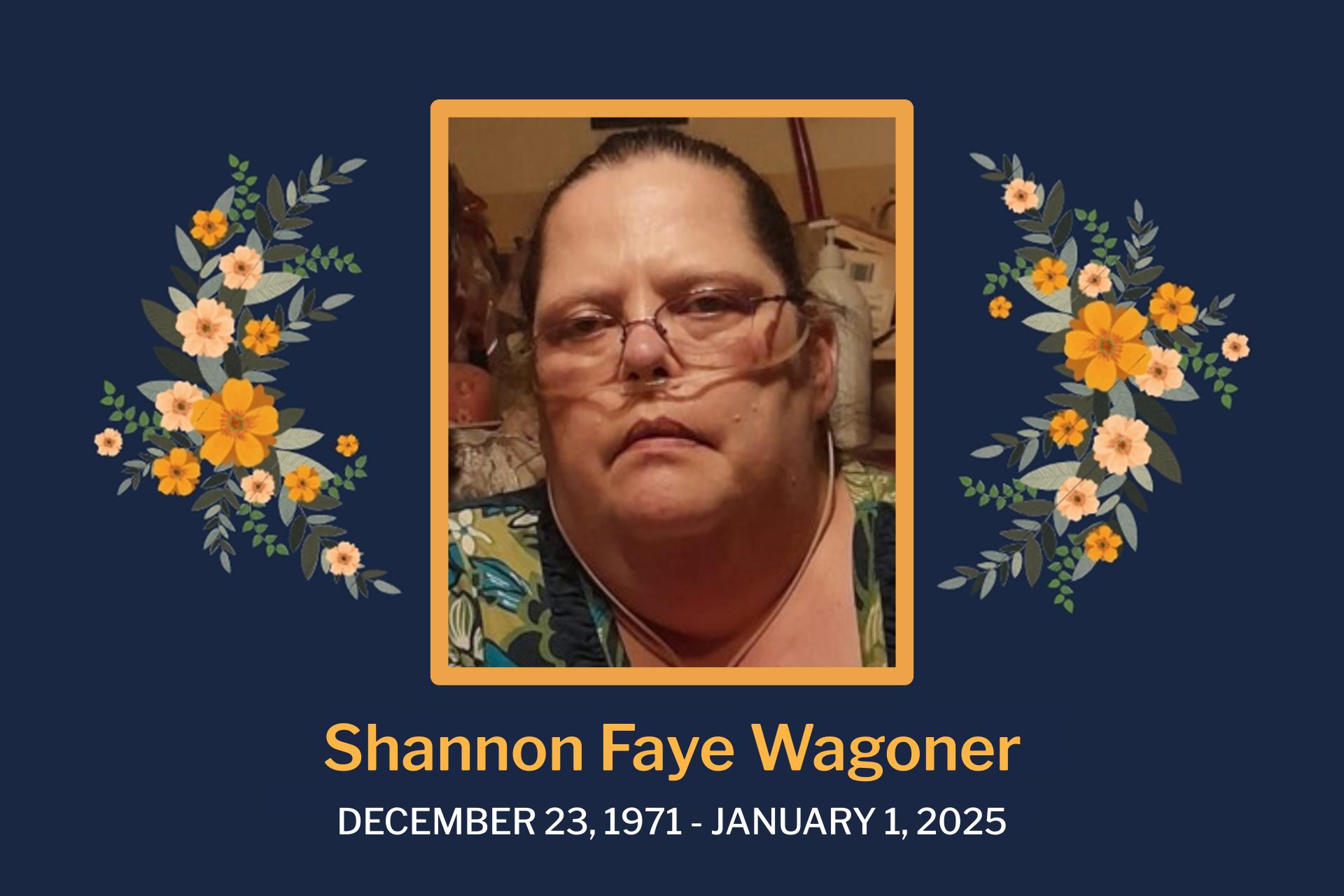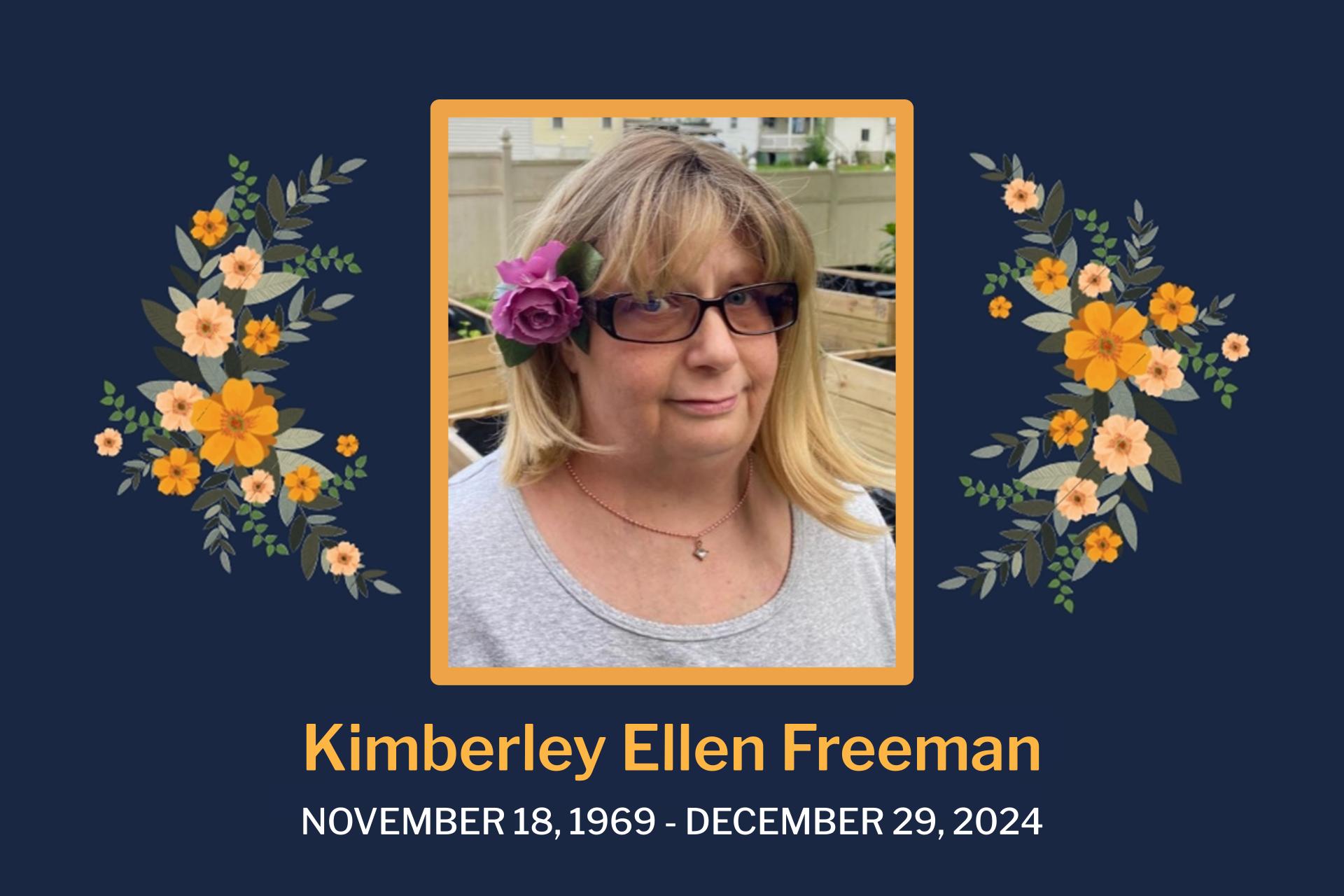BUCKHANNON – No one suffered injuries in a March 6 structure fire on the Frenchton Road, but the incident was just the latest incident in a series of blazes that have broken out in vacant homes and buildings in the past several months.
John Roby, the director of Banks District EMS, said the home was unoccupied, and the West Virginia State Fire Marshal was contacted to investigate the incident but deemed the cause undetermined and not suspicious.
“The people that owned it moved out of there about a year ago, but they still had stuff inside – I would call it a total loss,” Roby said.
The initial call for the fire came in at 2:58 p.m. and the fire was under control by 3:15 p.m.
Sunday’s fire was just the latest in a string of structure fires that have sparked in vacant buildings, with perhaps the most visible example occurring in early February in a vacant garage/barn at 9 Zeno Street, located behind the BiCentennial Hotel/88 Lounge.
Buckhannon fire chief J.B. Kimble confirmed there have been around six or seven vacant building fires in the last six to eight months.
“Part of the problem with having unoccupied houses is not having somebody in and out on a regular basis to see if a light flickers or if you smell smoke, and you can get it checked out before it becomes a major issue,” Kimble said. “In other instances, homeless people may go into an unoccupied home or building during the winter to stay warm and dry and occasionally, they’ll light small fires to try to stay warm and sometimes, those advance into full-blown fires.”
Kimble said he never calls a home vacant until firefighters complete a thorough search of the structure to ensure there really isn’t anyone in the building.
“You can’t call a house vacant until we do,” the chief said. “[Even] if there’s a livable space in that house, when we get there, we still need to search that area to make sure there’s no homeless people or somebody just off the street in there because something caused that fire,” Kimble said.
He said if a building doesn’t have utilities hooked up, the cause of the fire becomes more suspicious.
“It’s typically suspicious, but to say that someone maliciously set the fire is hard to do because they may have just been trying to stay warm – but they’re still trespassing,” Kimble said. “If you go to an unoccupied residence, it could be anything.”
“The fire on Sunday (March 6) could have been anything,” he added. “The power was still hooked up, all the utilities were hooked up, so it could have been electrical or a malfunction in the house, but if you go and there’s no utilities, typically somebody started a small fire.”
A vacant or unoccupied home has a higher chance of sustaining more damage than an occupied structure.
“The fire gets more extensive than normal because it’s burning longer, usually until somebody on outside sees the smoke,” Kimble said. “Typically, in a vacant or unoccupied house, a fire will get more advanced than it will in an occupied house.”
He reminded people to keep their smoke detectors up-to-date and check on buildings they own, but might not live in.
“Make sure your smoke detectors work, change your batteries on a regular basis and make sure you have at least one or two depending on how many floors are in your house, usually outside your bedroom,” Kimble said. “If you own an unoccupied building, a house or farm, check on it on a regular basis because that does help. I personally have a cabin in a different county and make stops very frequently, so people know you’re there.”
